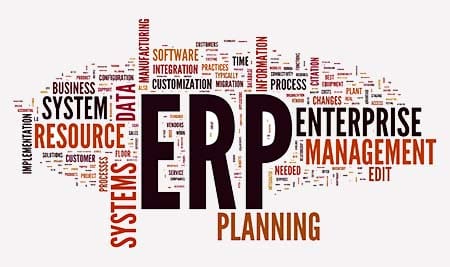What is the simplest ERP definition? Think about all the core processes needed to run a company: finance, HR, manufacturing, supply chain, services, procurement, and others. At its most basic level, ERP integrates these processes into a single system. But new ERP systems are anything but basic. They provide visibility, analytics, and efficiency across every aspect of a business. Using the latest technologies, ERP systems facilitate the flow of real-time information across departments, so businesses can make data-driven decisions and manage performance – live.
An ERP system is made up of enterprise resource planning applications that talk to each other and share a database. This means you can eliminate information silos between departments and give everyone a single source of truth. Your system can automate your core business processes and help you ensure regulatory compliance, reduce risk, fast-track reporting and so much more.
7 Reasons Why ERP Systems are Important
 US
US  CN
CN